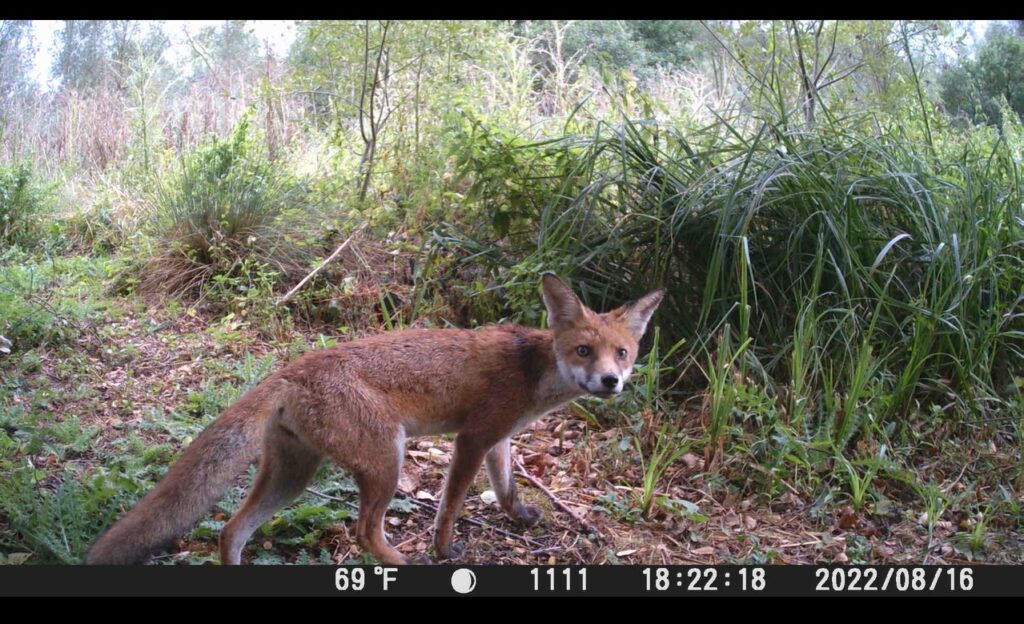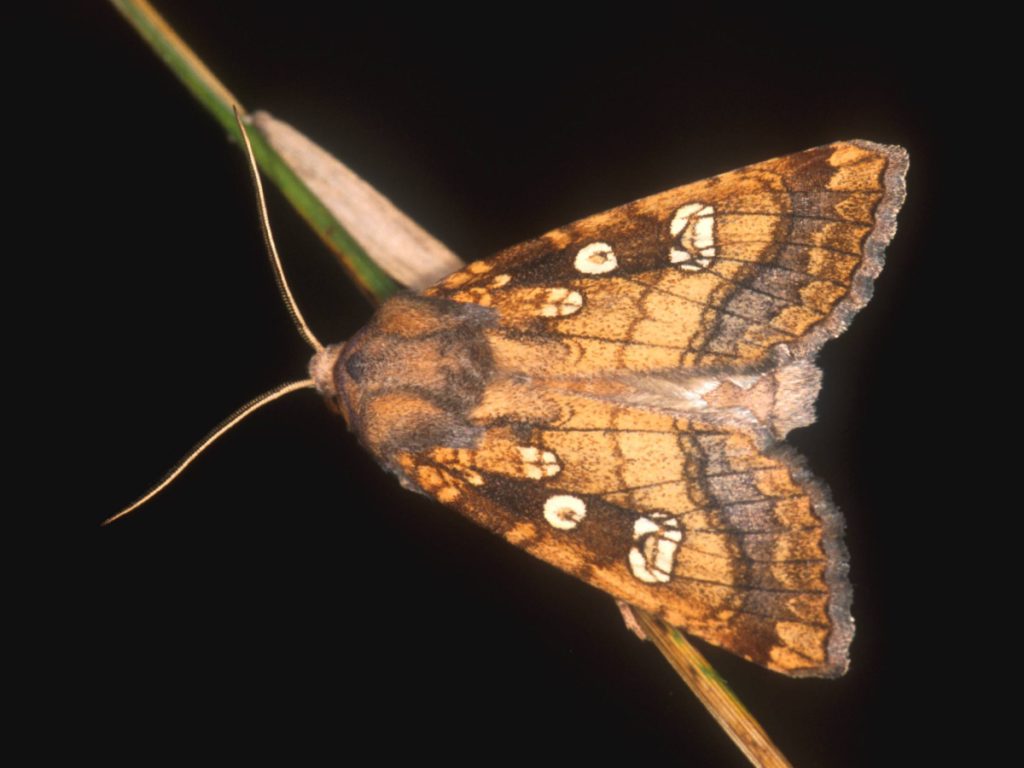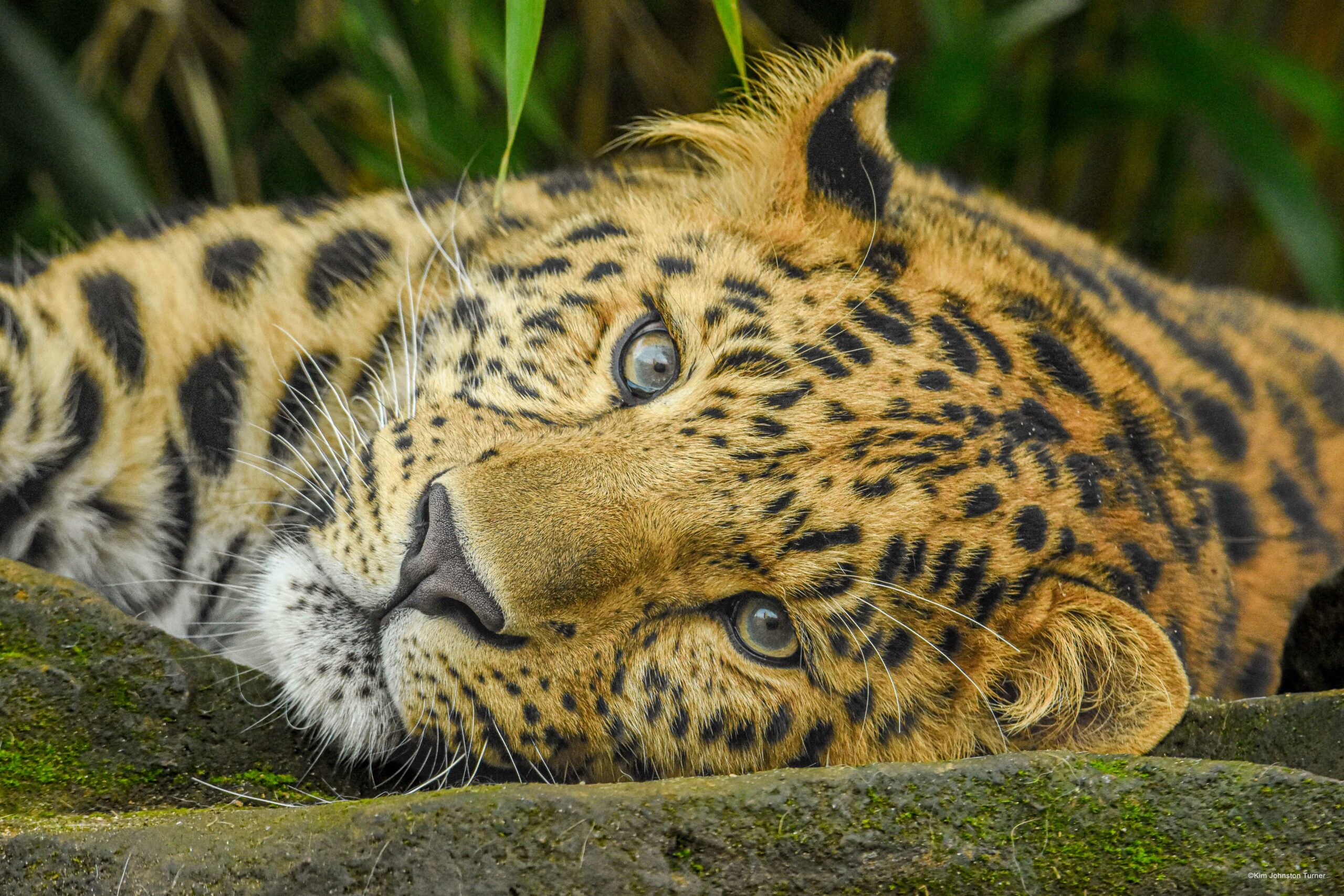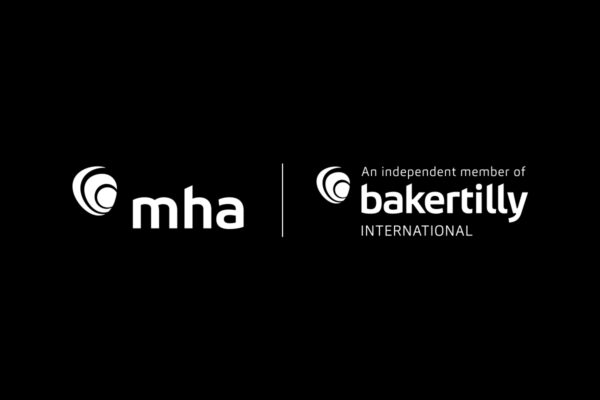Posted January 10, 2024 in Conservation
In 2025, a brand-new GCSE in Natural History will be launching!
Our own Conservation Educator, Jemma Dias, has shared some ideas on how zoos are already running courses and projects that can support students’ learning in Natural History!
The British and Irish Association of Zoos and Aquariums (BIAZA) has more than 100 zoo and aquarium members with a strong focus on highlighting the role of zoos in conservation, education, and research. As a recent report stated that 75% of UK residents visit wildlife attractions, British zoos have responded well to the public’s interest in conservation and have shifted their focus to both global and British species conservation. This has led to the establishment of a number of projects which could support teachers in delivery of the content of the OCR GCSE Natural History programme or support students in exploring natural history concepts.
If you have a school group and would like to find out more about educational projects here at Colchester Zoo, please contact education@colchesterzoo.org for more information.

Here at Colchester Zoo, we operate a camera trap loan scheme in which schools can borrow wildlife monitoring equipment from the zoo in order to explore the wildlife living on school grounds. The loan includes an activity pack to guide students through the process of setting up their camera, exploring the footage captured and analysing any data collected, as well as curriculum linked activity packs and animal identification guides. Results have shown that engagement with the camera traps and exploration of local wildlife has significantly increased participants’ connection to nature which has positive benefits for mental health and wellbeing, environmental education and participation in wildlife conservation.

We are also supporting a project by the Wellcome Sanger Institure, known as BIOSCAN, which aims to provide a database of insect species diversity over space and time, forming a conservation resource for DNA-based monitoring in the UK. This research project will study the genetic diversity of 1 million flying insects from across the UK by collecting insect samples from 100 sites, including Colchester Zoo. The hope is that, after creating this database of genetic information, genetic material can be captured from the environment and loaded onto small, computerised readers which will inform conservationists of the insects living within an area. Conservationists can then plan projects to better protect these species and the habitats they rely on.
Click here to read the full article written by our Conservation Educator and Research Coordinator, Jemma Dias.



